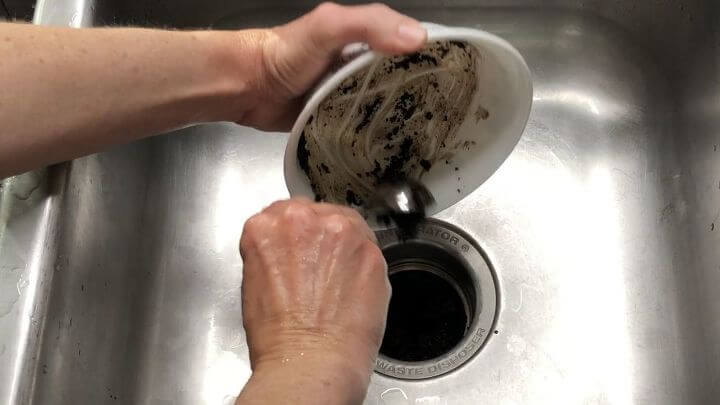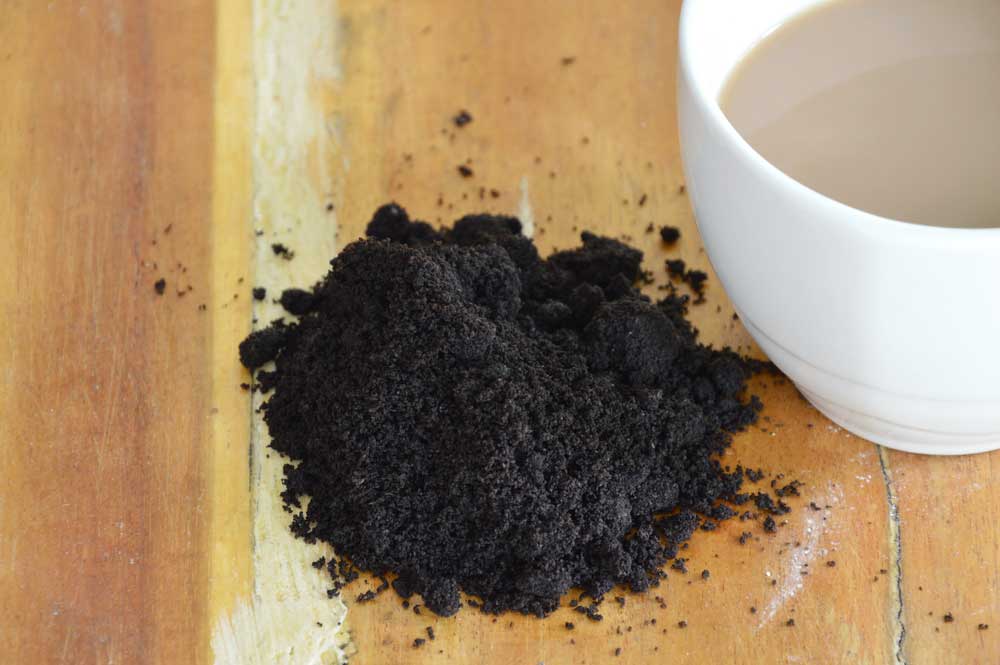Is It Safe to Dispose of Coffee Grounds Down the Sink? - Understanding Implications
Is It Safe to Dispose of Coffee Grounds Down the Sink? - Understanding Implications
Blog Article
The writer is making several good annotation related to What are the consequences of putting coffee grounds overall in this post on the next paragraphs.

If you're a serious coffee drinker, you may be questioning the best method to take care of your coffee grounds. While it might appear convenient to clean them down the sink, this technique can result in several problems for both your plumbing and the setting. In this short article, we'll check out whether it's risk-free to place coffee premises down the sink and review alternative disposal techniques to consider.
Alternatives to Disposing of Coffee Grounds
Trash Disposal
If you don't have a composting configuration, an additional alternative is to simply throw your coffee premises in the garbage. Make certain to seal them in a compostable bag or container to prevent odors and leakage. While this technique doesn't use the very same environmental benefits as composting, it's a safe and practical method to take care of coffee premises.
Composting
One environmentally friendly option for getting rid of coffee premises is to compost them. Coffee premises are abundant in nitrogen, making them a superb enhancement to compost heap or containers. As they decompose, they include nutrients to the dirt, enhancing its fertility and texture.
Risks of Putting Coffee Grounds Down the Sink
Plumbing Issues
One of the primary concerns with disposing of coffee grounds down the sink is the risk of clogging your pipelines. Coffee premises do not dissolve in water and can accumulate with time, creating a thick sludge that can block drains and result in costly plumbing repairs.
Ecological Impact
Past the possible damages to your plumbing, putting coffee grounds down the sink can also harm the environment. When cleaned right into the sewer system, coffee grounds can contribute to blockages in sewage system lines and treatment centers. In addition, the high concentration of organic matter in coffee premises can diminish oxygen degrees in rivers, adversely affecting aquatic life.
Tips for Proper Disposal
Routine Maintenance
Regardless of just how you select to get rid of your coffee grounds, it's essential to keep your plumbing consistently. Arrange periodic drain cleansings to remove any kind of accumulation and guarantee that your pipelines stay clear and free-flowing.
Utilize a Sink Strainer
To stop coffee grounds from entering your sink's drain to begin with, think about using a sink strainer. These affordable tools trap solid fragments, including coffee premises, avoiding them from causing blockages.
Conclusion
While it might be appealing to clean coffee grounds down the sink for ease, doing so can have severe effects for your plumbing and the setting. Instead, take into consideration composting your coffee grounds or throwing away them in the trash. By taking on responsible disposal techniques, you can enjoy your coffee guilt-free while lessening your eco-friendly footprint.
Coffee Grounds Down The Drain: Are They OK?
Can Coffee Grounds Go Down the Sink?
You may be thinking, “But I pour them down the sink drain every day and I’ve never had a clogged drain!” You see, coffee grounds come from coffee beans, which are virtually rock hard by the time they’re ground and brewed. You certainly wouldn’t want to grind up the pit from a peach, apricot, or nectarine that is about just as hard because they wouldn’t break down like other foods, and it’s the same with coffee beans!
If you usually grind coffee beans in the garbage disposal because it seems the cleanest and convenient, we don’t fault you for that. And anyone who has ever had to clean up the trash with spilled coffee grounds after a dog got into it would understand the rationale. Unfortunately, coffee grounds do not break down in water, so instead of grinding up and washing away as normal foods do in a garbage disposal, they clump together and as time goes by, the grounds can form a clump and pack the drain until it develops a clog.
What to Do With Coffee Grounds
So, what do you do with coffee grounds if you can't put them down the drain? You could of course just throw them in the garbage, but we encourage you to give these practical uses for them a try!
Since coffee grounds contain key minerals for plant growth, you can use them to fertilize your garden. Coffee grounds not only fertilize gardens because they are mineral-rich, but they are also great at absorbing contaminants in the soil, particularly heavy metals. Coffee grounds are said to attract worms, which help gardens flourish. You can use coffee grounds as fertilizer by sprinkling them around your plants. You can compost your coffee grounds and use them at a later time. Coffee grounds are great insect repellents when you place them in bowls or sprinkle them around the areas you want to repel insects. To remove fleas from your dog or cat, simply shampoo your pet then rub coffee grounds throughout their fur. Rinse them off and dry as usual. Like baking soda, used coffee grounds can eliminate odors. You can place them in a bowl in the fridge and let them do the work! Mix coffee grounds with coconut oil for a wonderful face or body scrub, or to reduce the appearance of cellulite. https://www.wintershomeservices.com/blog/2019/august/coffee-grounds-down-the-drain-are-they-ok-/

Do you appreciate more info about Is it safe to dispose of coffee grounds down the sink?? Give a review further down. We would be interested to hear your responses about this posting. Hoping that you visit us again in the future. Loved our piece of writing? Please share it. Let someone else discover it. We enjoy reading our article about Can Coffee Grounds Go Down the Drain or Sink?.
Call Today Report this page